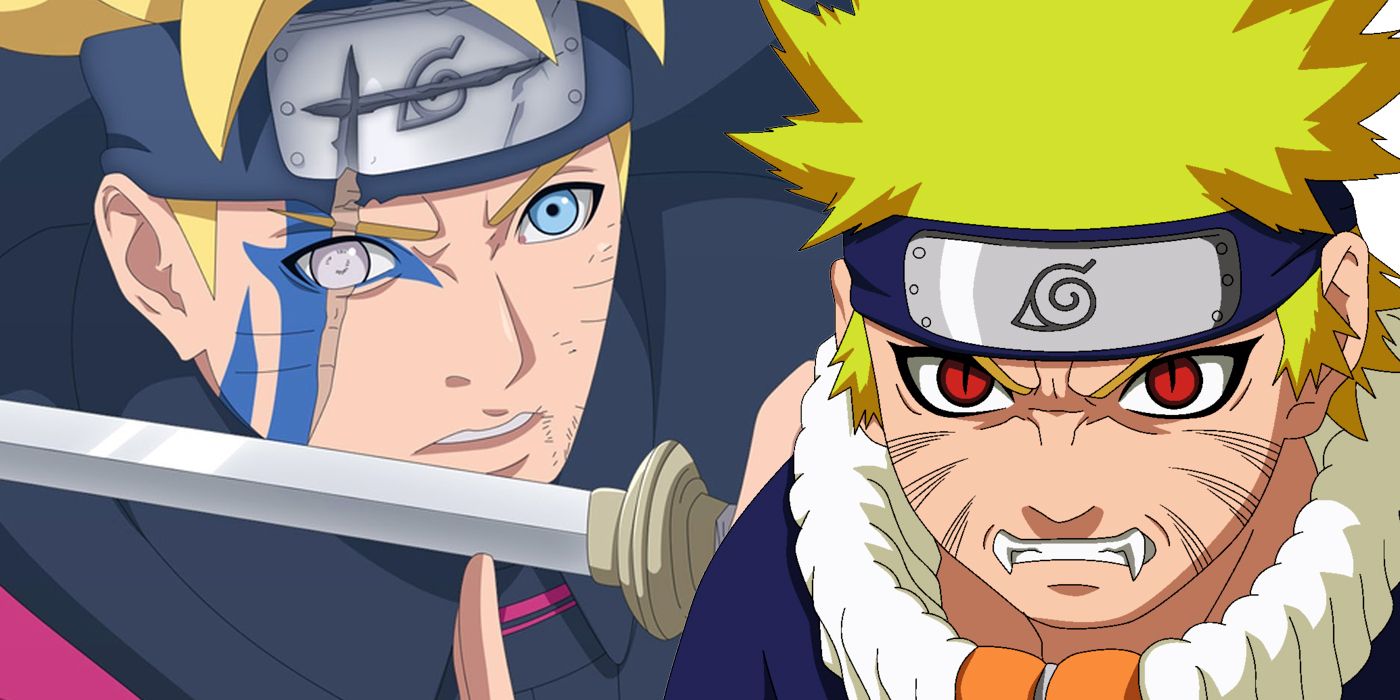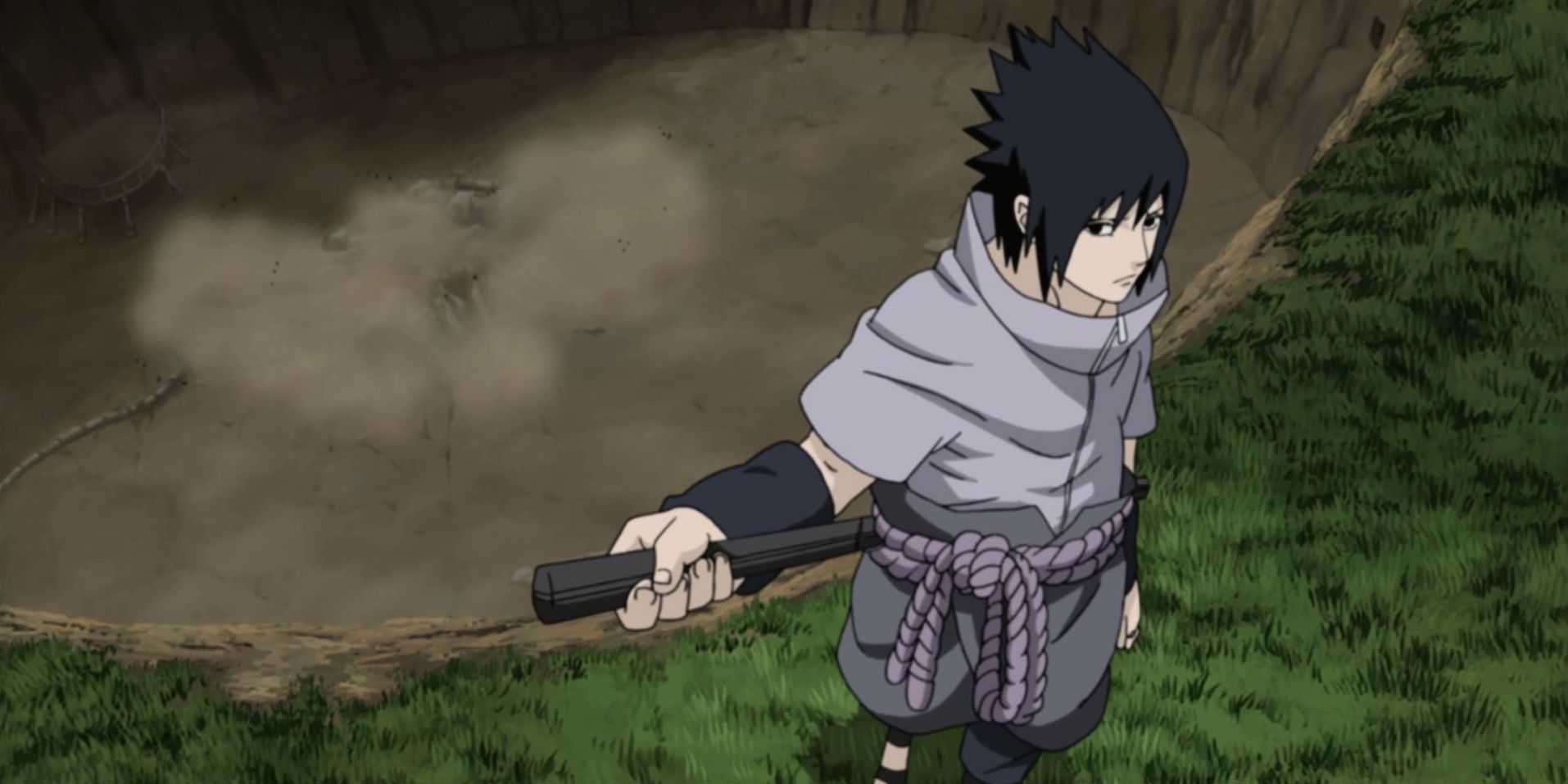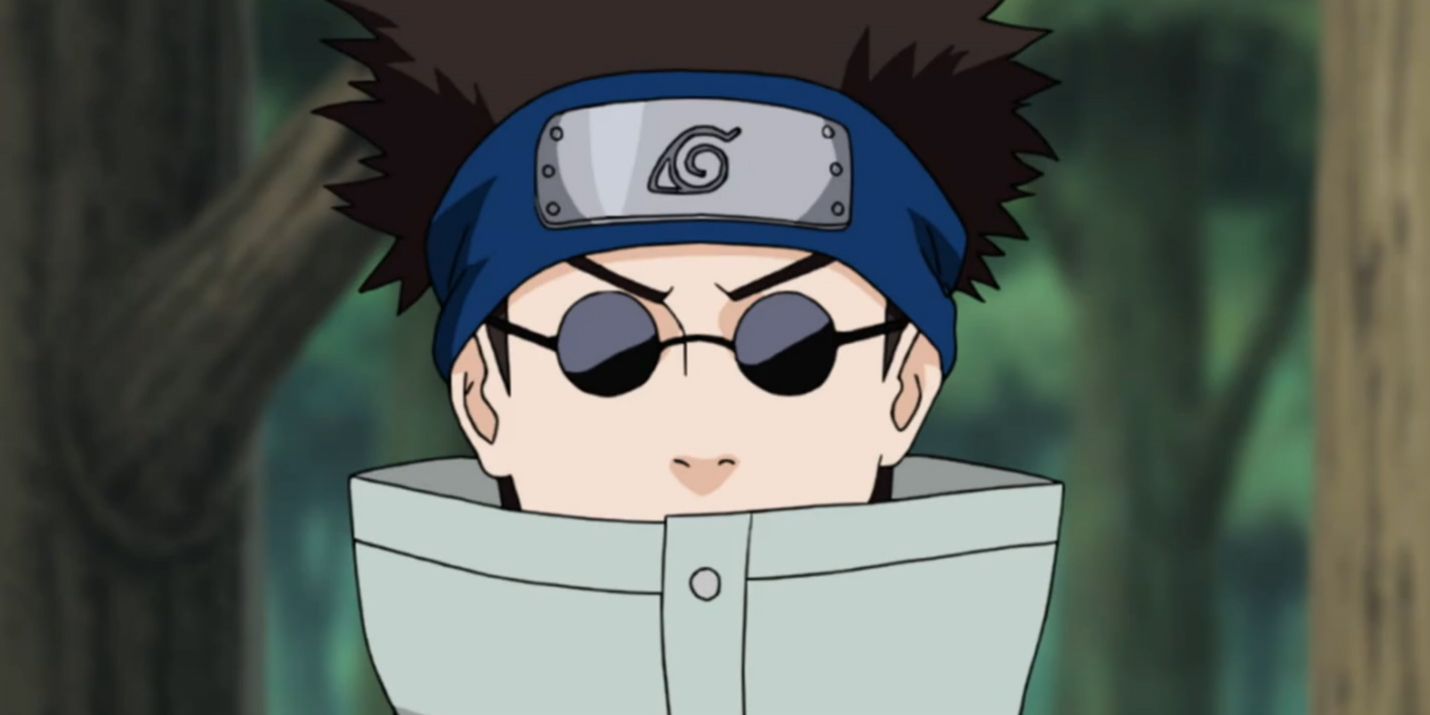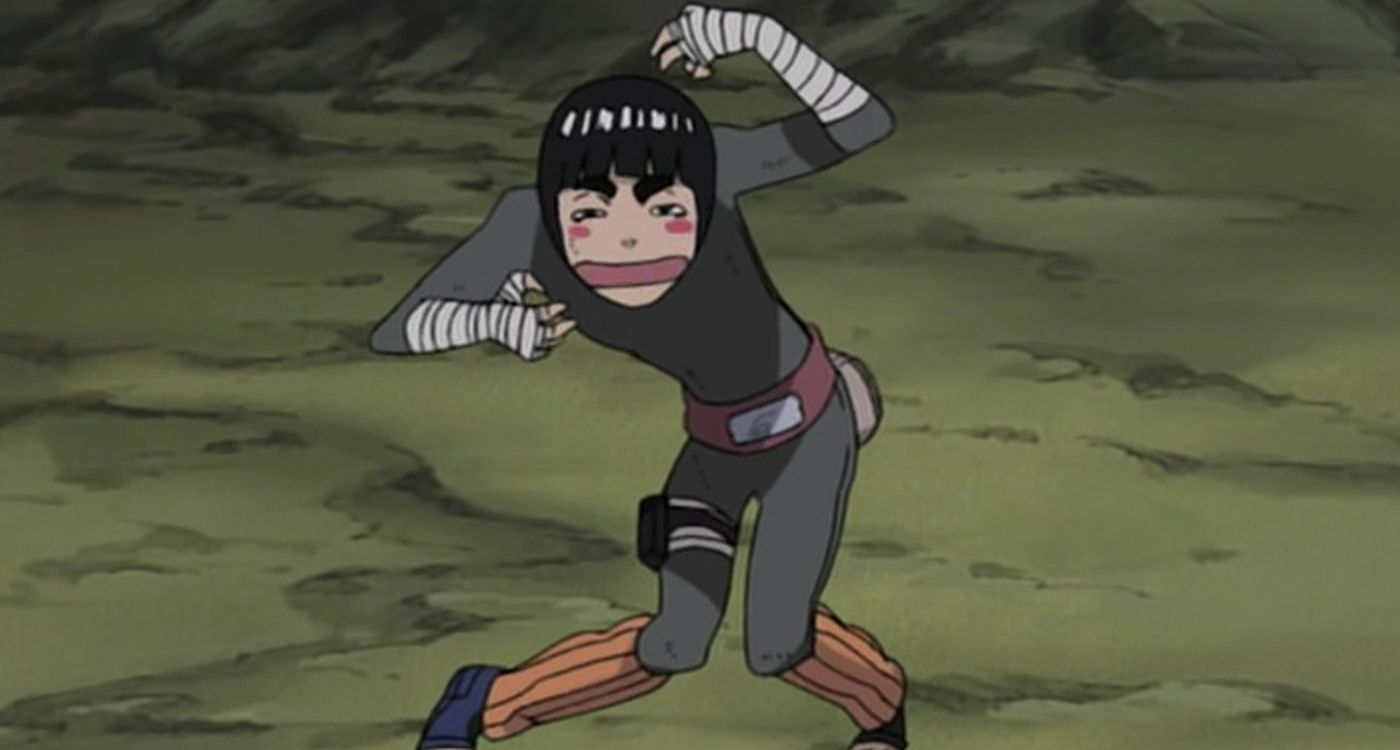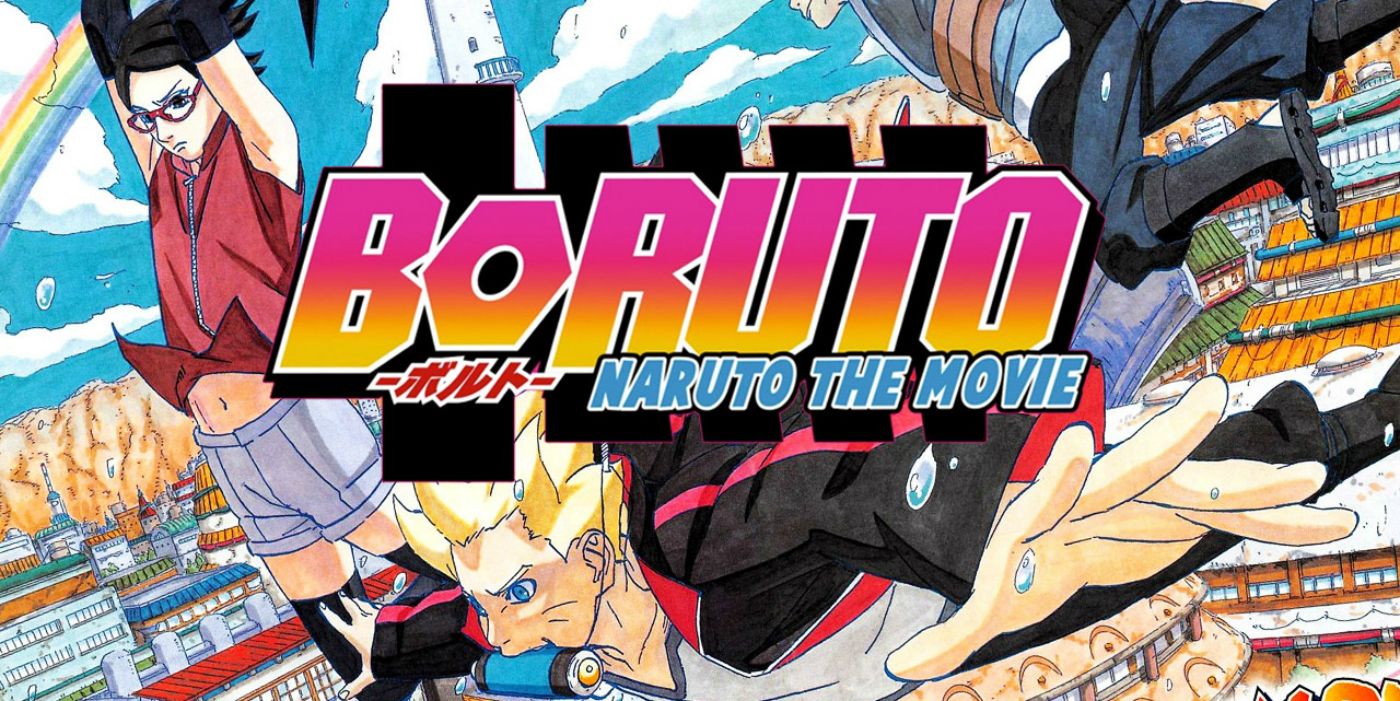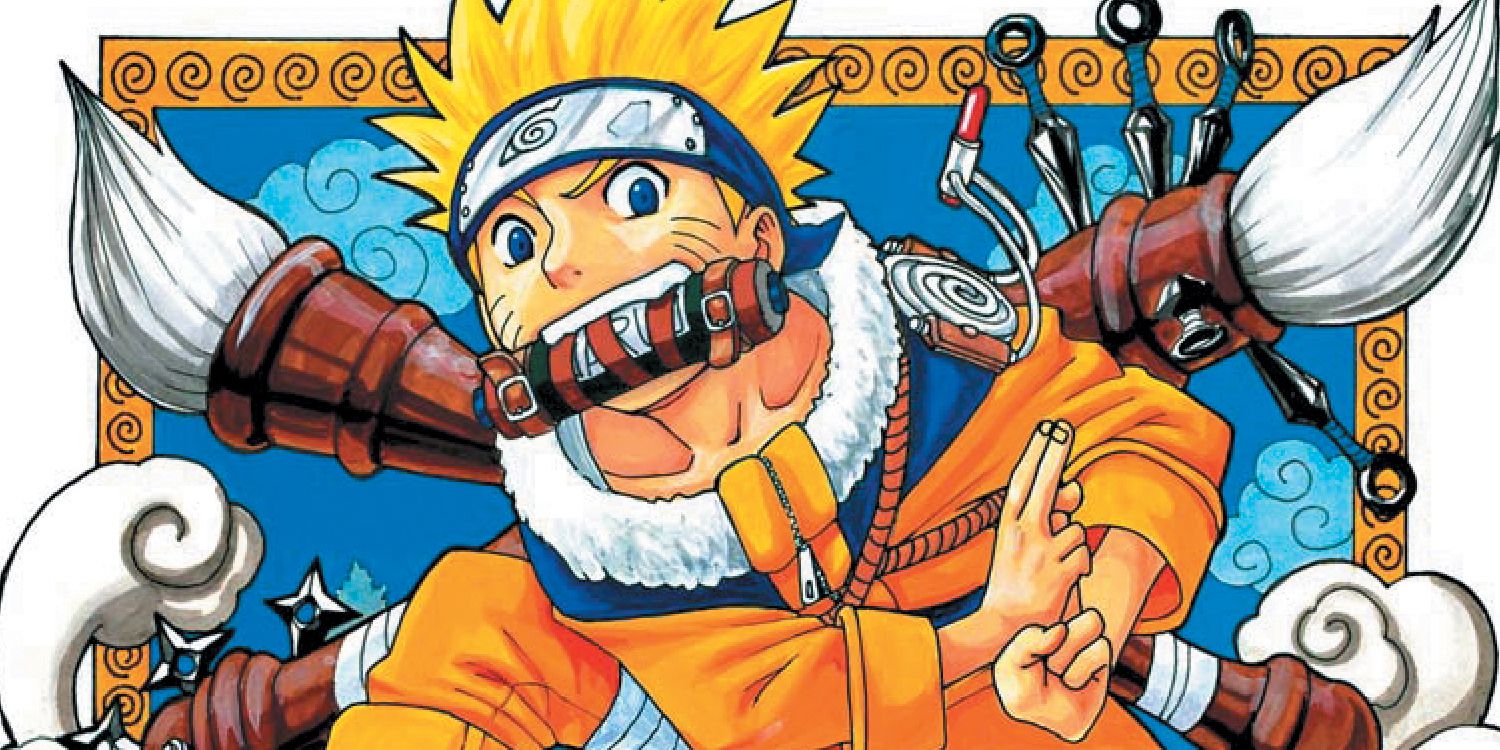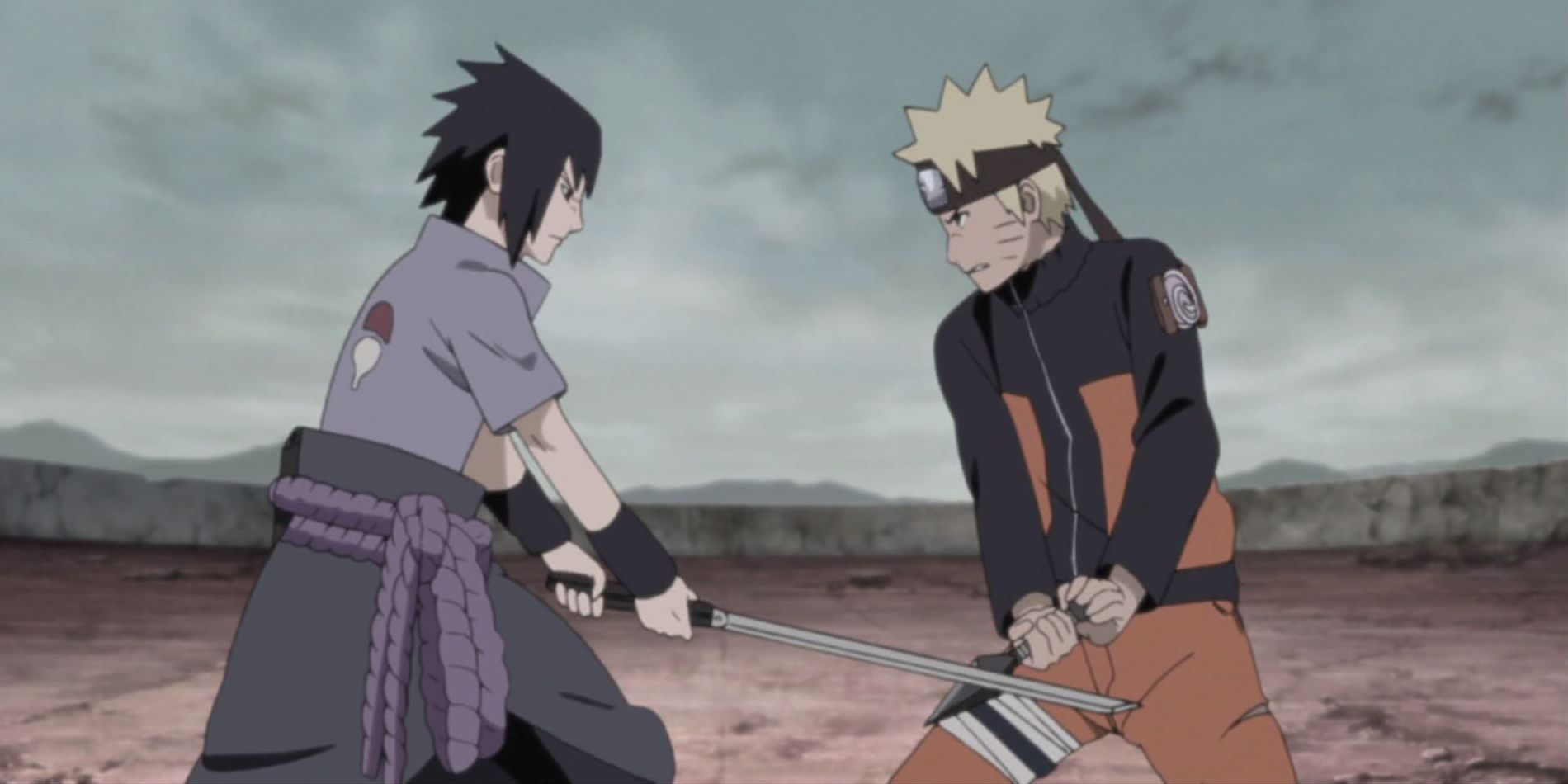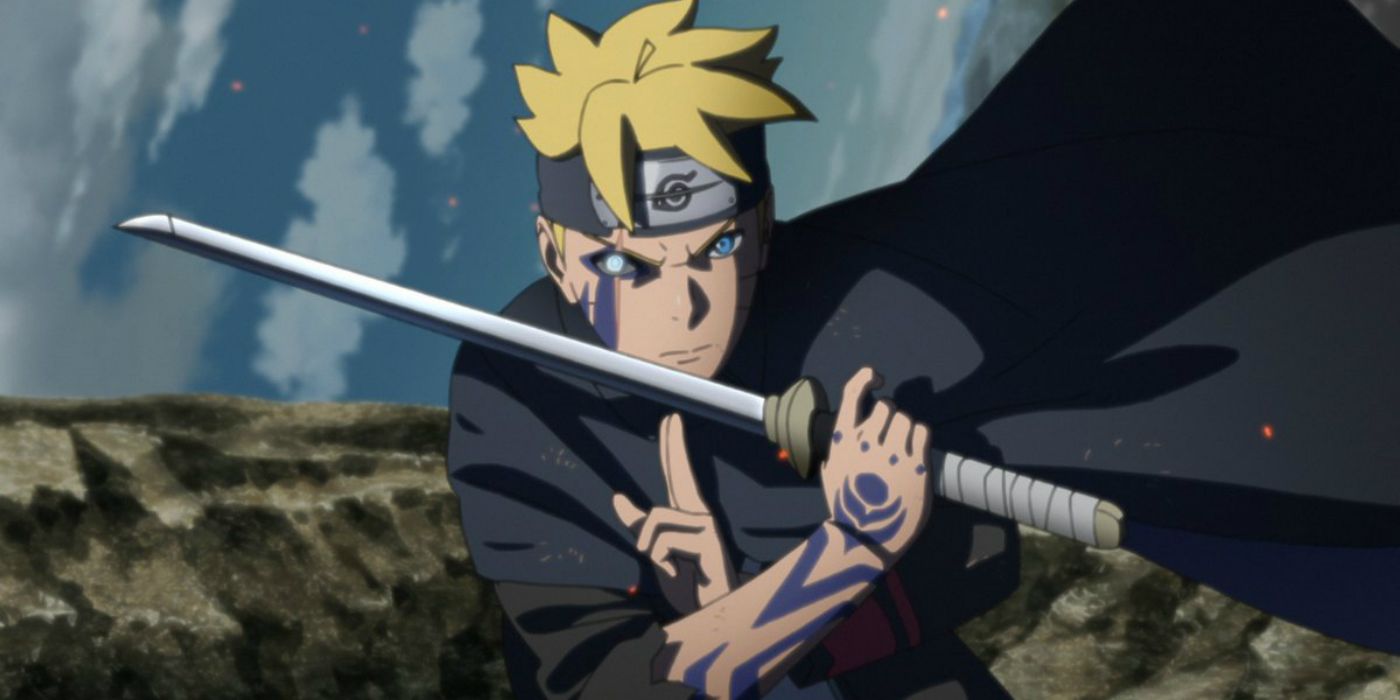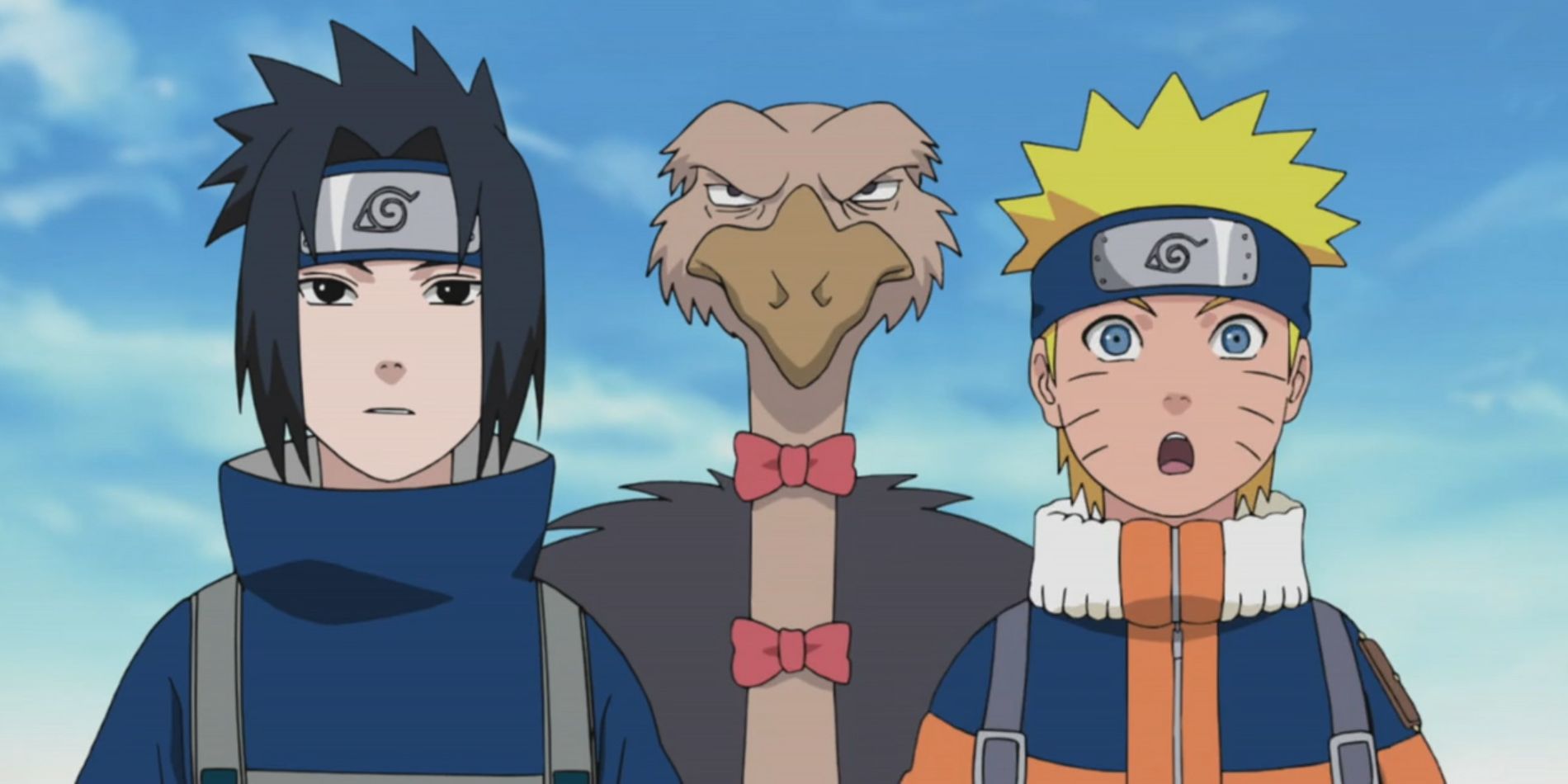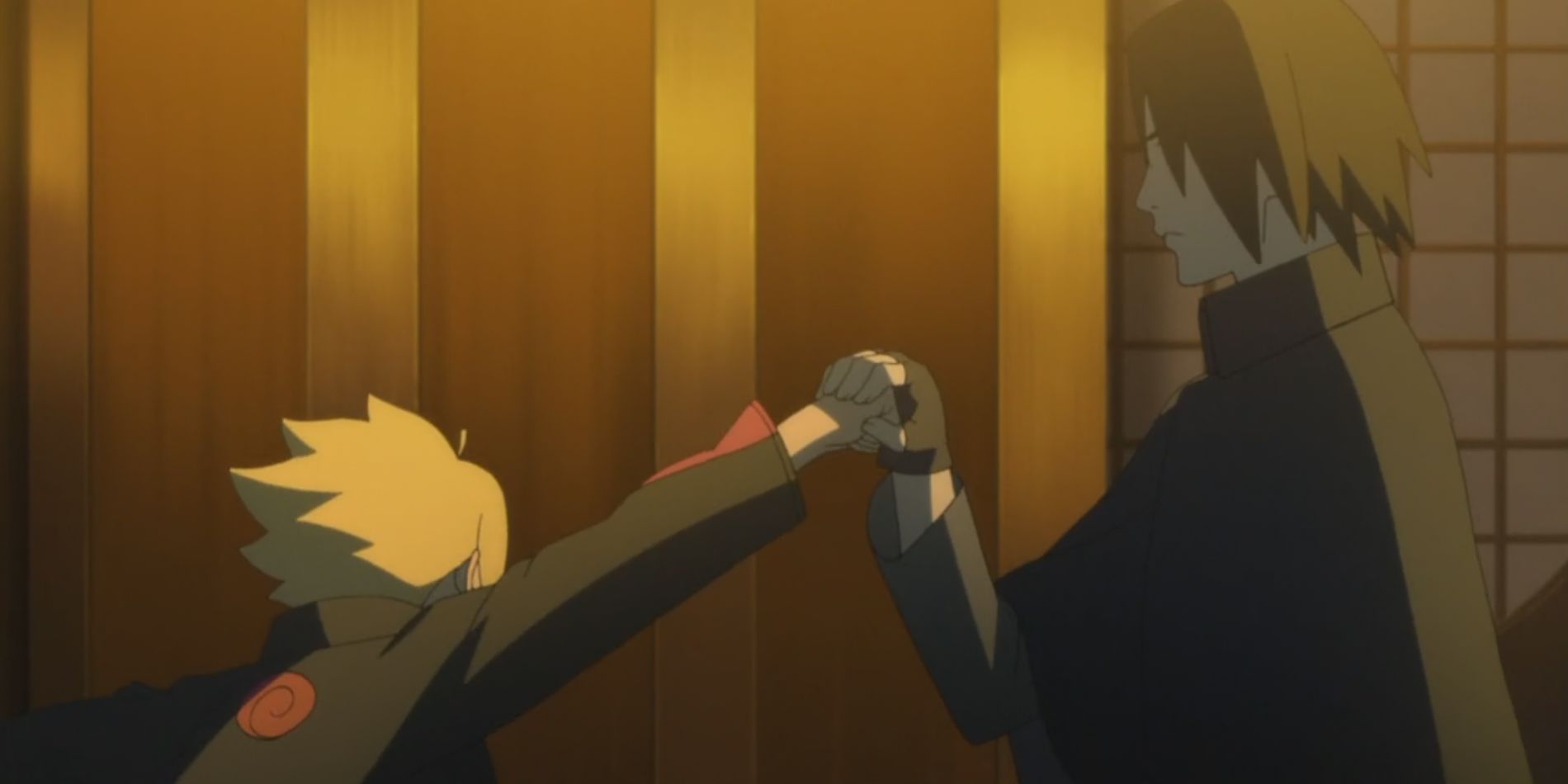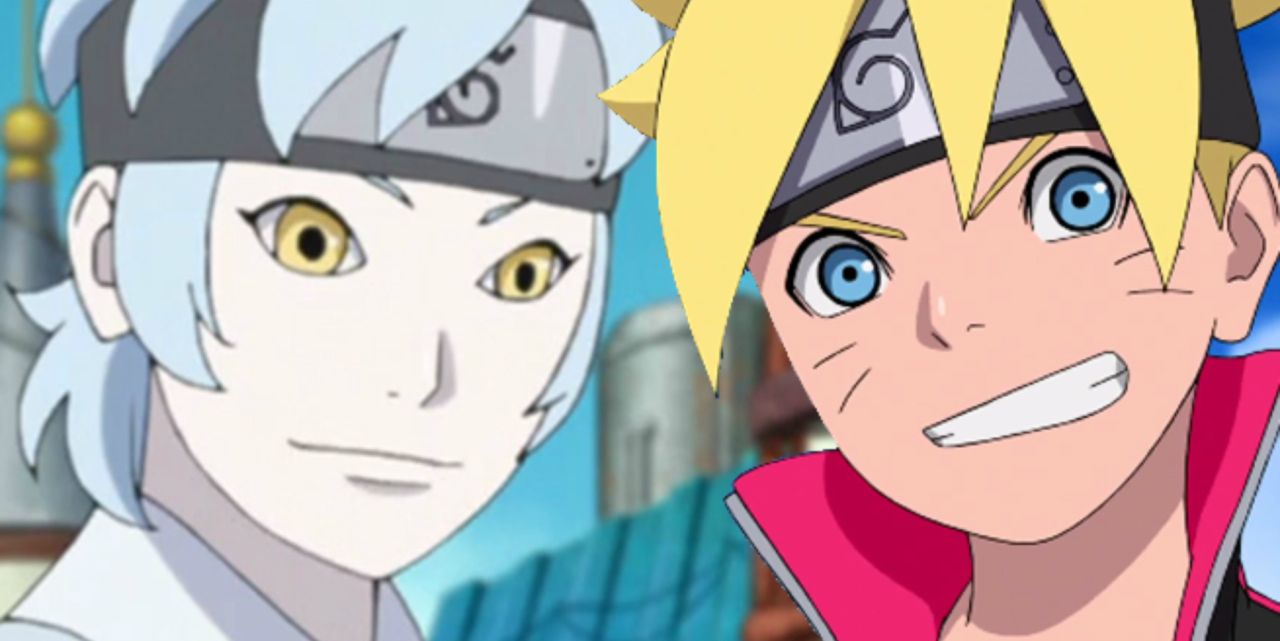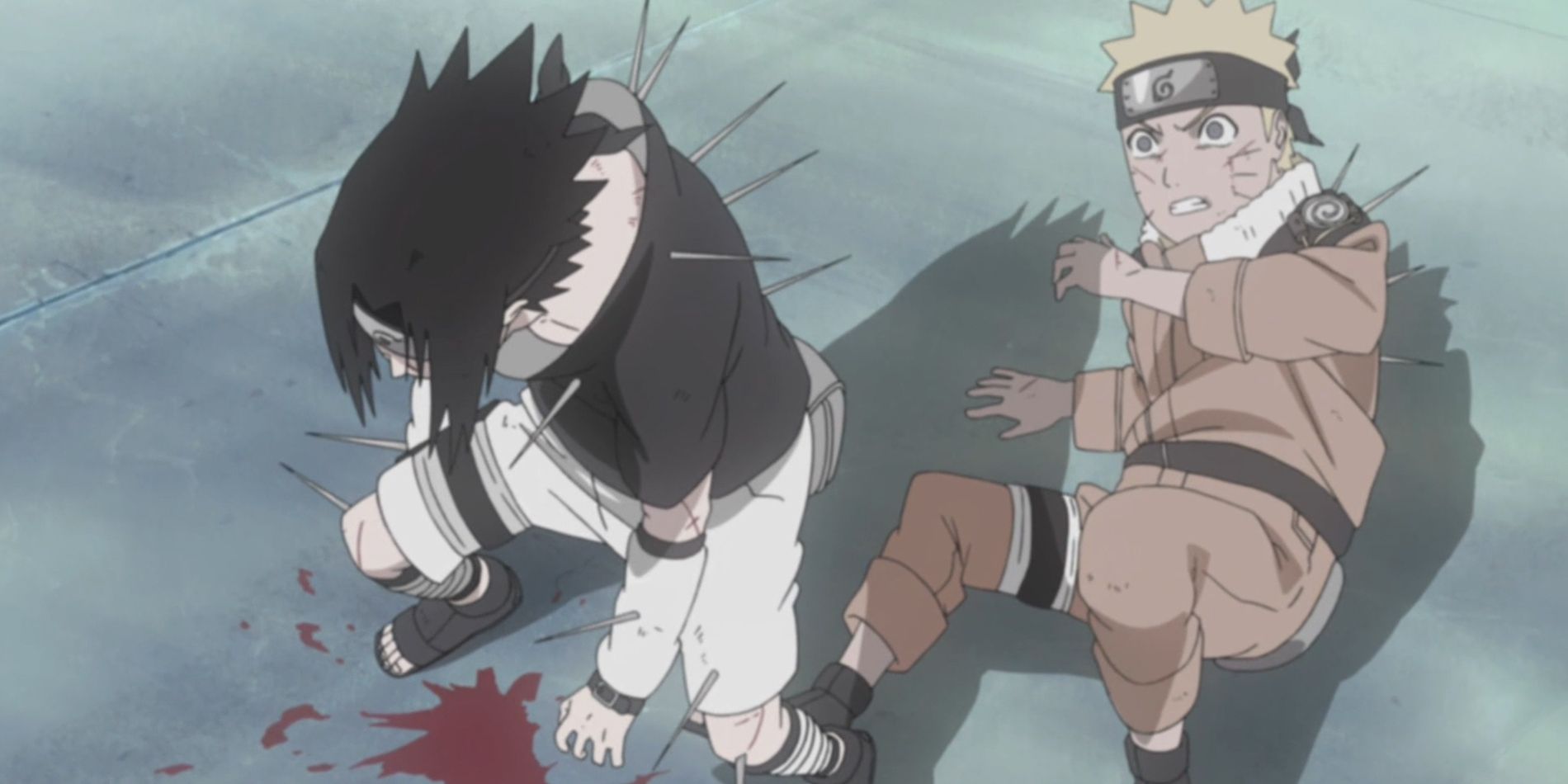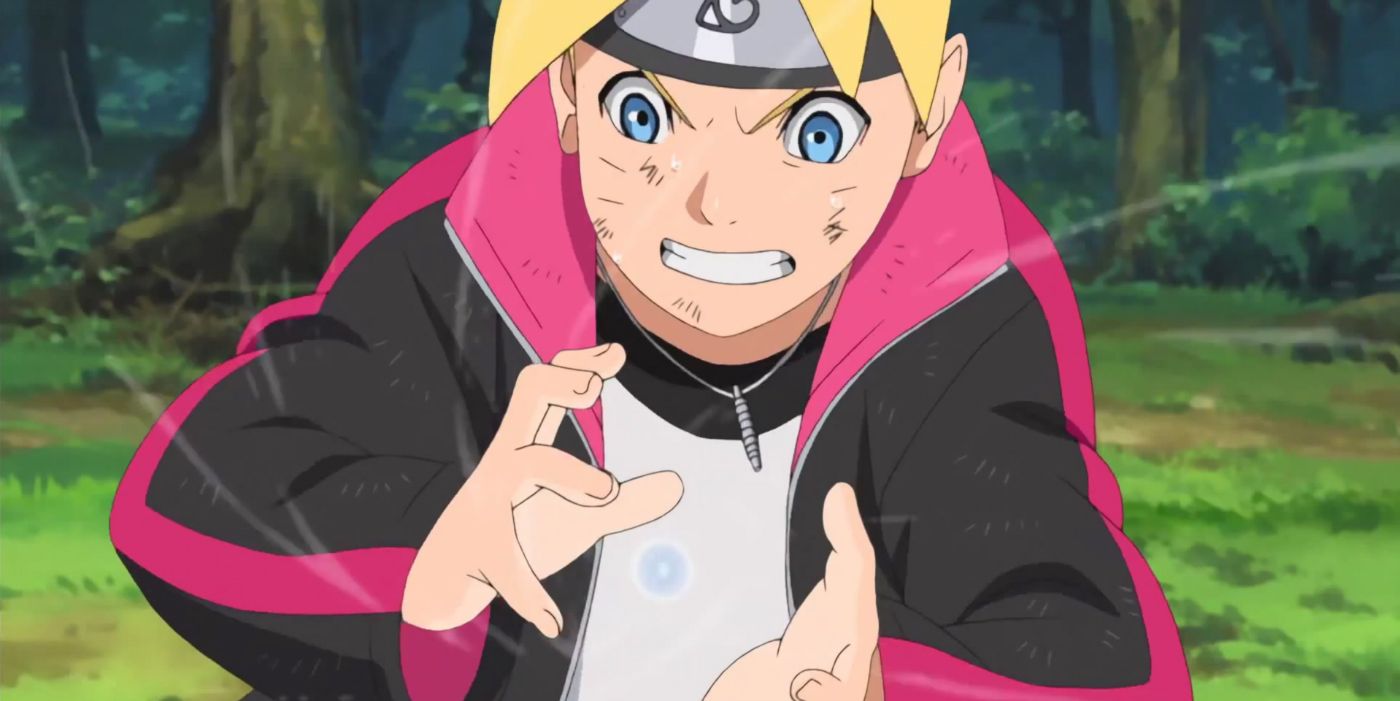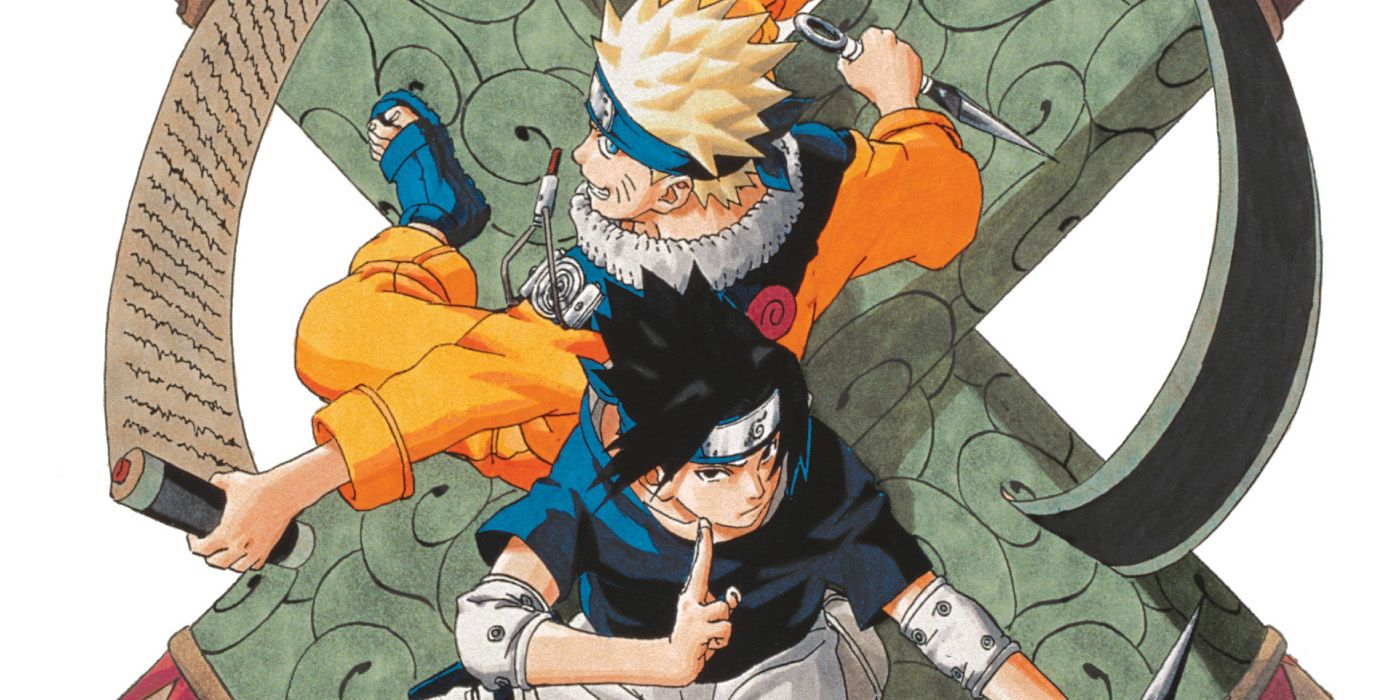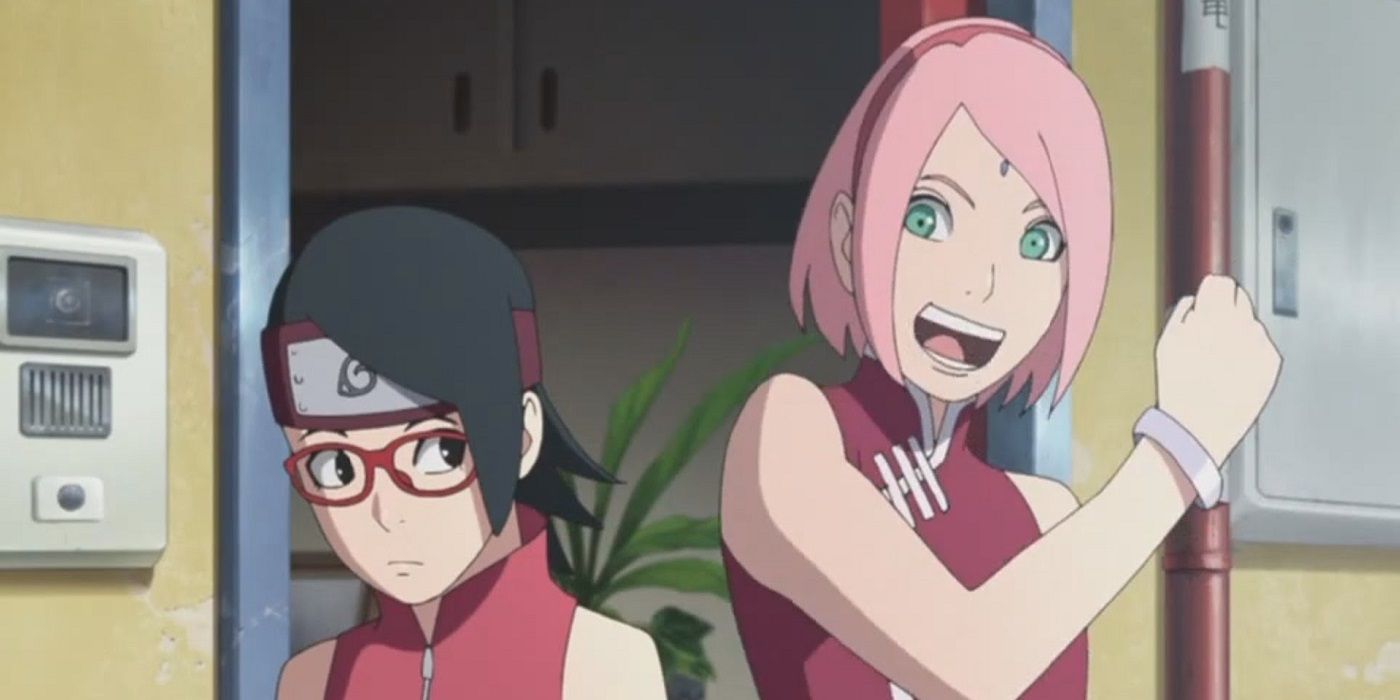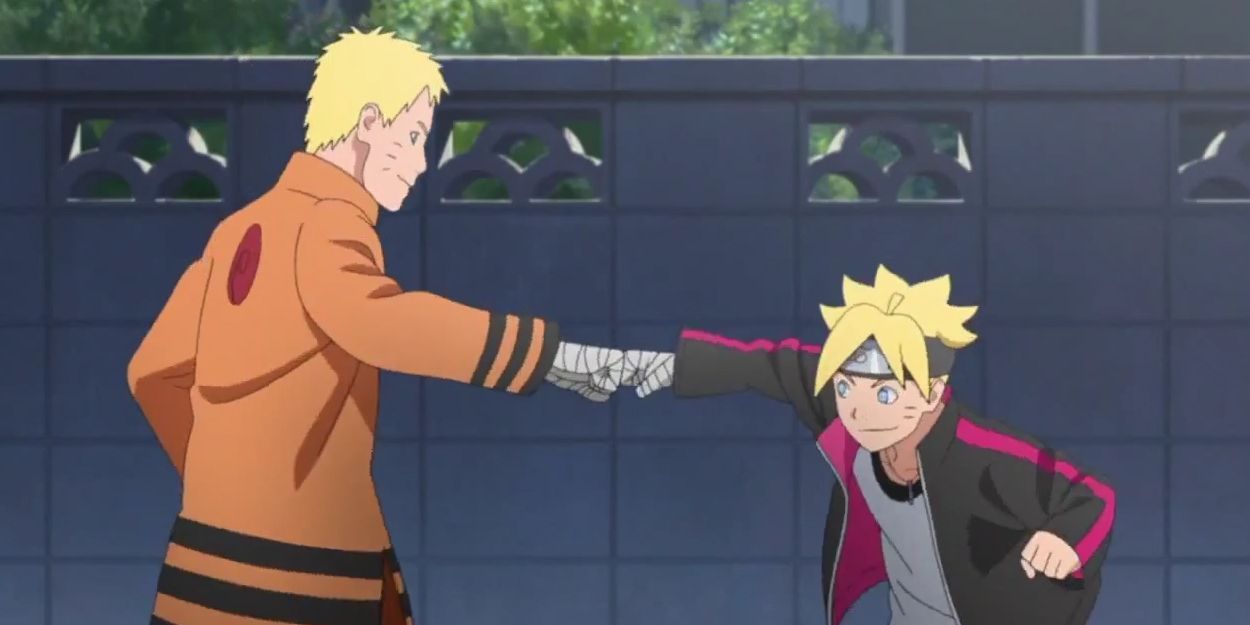In comparison to Naruto’s impressive 720 episodes (if combined with Naruto: Shippuden), Boruto: Naruto Next Generations is still in its infancy. That said, with a handful of memorable stories and some stellar animation out of the gate, the spin-off is certainly off to a fast start, leading fans to wonder if Boruto could actually be better than the original.
We believe it is certainly possible, and we have compiled a list of ways in which it has already vastly surpassed its predecessor. Sure, it is still far too early to call, but Boruto has been making some smart narrative decisions since its first episode, as it looks like it has learned a lot from some of the missteps taken by the beloved Naruto.
Again, we are not arguing that Boruto: Naruto Next Generations is superior to Naruto or even Naruto: Shippuden overall, but simply providing examples of aspects that the show has thus far improved upon and reasons why it may, one day, go on to surpass the original.
Here are the 15 Reasons Boruto Is Way Better Than Naruto.
15. Sasuke
Now, this may be a bit controversial, but the foundation of Sasuke’s character motivations were often shaky at best. He went from despising his brother to idolizing him and, while this is supported in the context of the anime, it never felt believable to a large portion of its audience, leading Sasuke to come off as a bit whiney despite his troubled upbringing.
Naruto did an excellent job of making audiences empathize with its antagonists, but Sasuke became more and more unlikable as the series progressed.
Not to mention, Naruto’s friendship with Sasuke-- at least in the anime-- felt a bit shoehorned retrospectively. Naruto and Sasuke were rivals first and foremost, and weren't truly revealed to be friends until Sasuke became a villain. A lot of their Ninja Academy backstory was highlighted after the fact, making Naruto’s obsession with retrieving him feel a bit disingenuous.
14. Even Shino is Now Interesting
Fan consensus easily pegs Shino Aburame as one of the original series’ least interesting characters. However, the mysterious bug-obsessed ninja has since found new life in Boruto: Naruto Next Generations. As a teacher struggling to reach his respective students, Shino is now somewhat relatable and a far more likable character than ever before.
Try as hard as they might, but previously the writers could not quite crack the essence of Shino as a character. The shinobi did not receive a memorable backstory, and seeing as how most people are generally not a big fan of bugs, Shino was likely at a disadvantage going in.
As an instructor, Shino does not even feel like the same character. Sure, he still has a thing for bugs, but his personality is much more defined and he has finally been allowed to become vulnerable for the first time in this long-running series, which is certainly refreshing, to say the least.
13. Humor
Make no mistake, Naruto, as well as Shippuden, had its share of quality humor, but thus far, Boruto’s approach has been a bit more evenly dispersed, with each and every episode offering quality gags from various characters.
Early entries into the original series illustrated that there was a time to be serious and a time for levity as well. As the narrative wore on, however, the story began to take itself far more seriously, and while a more serious tone was certainly called for, it seemed as though the humor was somewhat lost.
Boruto: Naruto Next Generations seems to have recaptured some of the early magic, but only time will tell if the new kid on the block will eventually head in the same tonal direction as its predecessors.
12. Boruto Already Has the Best Movie
Boruto: Naruto the Movie gave audiences arguably one of only a few worthwhile feature-length experiences from the franchise. The new protagonist had a lot to prove, but the general consensus is that Boruto gave fans one of only two “must watch” Naruto movies from the bunch.
In just one attempt, Boruto: Naruto the Movie met-- and even exceeded-- the expectations set by the countless lackluster franchise films that had come before it. Seeing as how this story is canon, it gives this spin-off series a good jumping off point.
Interestingly enough, however, the series starts before the film in the Boruto timeline, making the early episodes something of a prequel to the feature-length production. However, assuming the series largely sticks to the events as portrayed on the big screen, it would appear as though the future of this animated program is bright as well.
11. Budgetary Constraints
While the specifics of each respective series’ various budgetary figures are not readily available, it would appear as though Boruto is working with a bit more capital than its predecessors, judging by the animation. This certainly makes sense considering the popularity to which the original series achieved over the years.
Bigger budgets are certainly not an indicator of quality, but it does help in assuring that audiences are not forced to endure needless recap episodes or filler arcs with lackluster animation quality. No, a big budget does not guarantee a successful story, but the lack of a substantial budget can work to tarnish the legacy of a great story with subpar animation or numerous other potential issues.
All in all, the significant resources at Boruto’s disposal have led to some top-notch animation in the early goings.
10. A Blend of Overarching Narratives and Satisfactory Single Episodes
This is not necessarily a criticism of Naruto or its respective follow-up, but single episodes of these series were generally part of a much larger picture and not usually meant to stand on their own. Boruto, to this point in the story, has adopted a less serialized approach, in which each story fits into the grander picture, but still, tells its own unique tale.
That being said, these episodes do not feel like “monster of the week” type narratives, in which the characters are going up against some irrelevant foe. Still, these storylines have generally been wrapping up in one-- or sometimes two-- episode intervals.
Again, one approach is not necessarily better than another, but when watching a series week-to-week, it is nice to feel that your time was rewarded with a full story that also contributes to a grander narrative.
9. Better Pilot
This is certainly one of the more subjective entries on this list, because, while Naruto features a pretty solid entry point into its own respective story, the pilot for Boruto: Naruto Next Generations is arguably better.
It masterfully introduces new characters, all while wasting no time getting into the action. Without the need for world building, Boruto is able to explore characters and action early on, and is thus able to refresh viewers on the details as it moves ahead.
Additionally, Boruto gives fans plenty of reason to stick around within the first few minutes with some exciting teases. So many questions have been raised, and the series bides its time introducing audiences to interesting, lovable characters.
The pilot for Next Generations had far less weight to carry in respect to its predecessor, but even still, it smartly got off to a fast start with new faces when it could have easily relied on nostalgia and fan service.
8. Filler
One of the biggest problems surrounding Naruto, as well as its subsequent series Naruto: Shippuden, was meaningless filler episodes scattered throughout the narrative.
Sometimes filler can serve as a nice break in-between heavy story arcs, but oftentimes, the series would depart from the main storyline just as things were starting to get interesting in order to showcase a handful of unrelated (and frankly uninteresting) episodes.
While we are still early in the Boruto series, we have yet to see anything that even remotely resembles subpar filler. This can all certainly change as more episodes come out, but fans are hoping that the writers learned from the mistakes of the original series, and at the very least, can cut down on the copious amounts of filler episodes – especially those that take place in the middle of key narrative arcs.
7. A Mix of Fan Service and Quality World Building
Part of Boruto’s immediate advantage is the fact that this incredible universe has been set up and built over the course of hundreds of episodes. Utilizing this vast universe, the spin-off incorporates fan-favorite characters, but not in a way that feels cheap or disingenuous.
For example, Shino has already been introduced to audiences hundreds of episodes ago, but Boruto: Naruto Next Generations takes things a step further by adding another dimension to his character. Yes, Shino is a familiar face, but this is not the same character we knew and loved (or merely tolerated) from the original series.
Boruto has smartly incorporated some fun fan service with really intelligent character development and world building, which serves to please old fans all while allowing a new audience to tune in for the first time and enjoy the ride.
6. Highlighting Characters Early On
Boruto arrives at the plate with an unfair advantage – the universe of Naruto has already been established. While the series does a good job at explaining the world of the shinobi to newcomers without getting bogged down in unnecessary details, it is also allowed to explore characters early on in a way its predecessor could not.
Naruto featured countless lovable characters, but again, with the aforementioned advantage, Boruto is off to a much faster start in that regard. In the early arcs of the original series, the narrative could not stray too far from our point-of-view character and main protagonist. Boruto, on the other hand, is allowed to be a bit more adventurous.
Numerous episodes have already explored some ancillary characters that could very well become fan-favorites in the future. Additionally, the more we are attached to these characters – and the earlier this happens – the better off the series will likely be in the long run.
5. Hi-Definition
This might feel like a bit of a cheap shot, but Boruto: Naruto Next Generations is made available for streaming in hi-definition while Naruto is not. Naruto is currently receiving the hi-definition remaster treatment, but, at this time, debuting in HD should still be seen as a feather in the cap for Boruto.
Fidelity is something that is far more important to some than others, but nevertheless, it is still an advantage for the newcomer. Hi-definition is a standard today, and frankly, the original anime is starting to show its age just a bit.
Naruto is certainly not garish by any stretch, but it does pale in comparison somewhat to the spin-off, or Shippuden even. How important this is, again, is debatable, but it certainly marks a win for the newcomer.
4. Boruto Is Still Learning
One of the best aspects of Naruto was the character payoffs, which felt immensely gratifying after countless episodes of watching characters try and fail. Naruto struggled for so long and messed up repeatedly. When he finally succeeded or learned a new technique, it left audiences feeling incredibly satisfied, as if they had gone on this incredible journey with Naruto.
As the show progressed forward, Naruto struggled far less and became far less compelling to watch. Naruto’s feats, while incredible, did not hold quite as much weight because audiences had expected him to succeed and had become accustomed to the character doing so.
Boruto, on the other hand, still has plenty of growing to do and is far from an overpowered hero. Like the Naruto of old, Boruto often fails and constantly makes mistakes, and while his accomplishments have yet to feel quite as satisfying as his father's used to, it is much closer than anything audiences have seen from the series in some time.
3. A Return to Form
The Fourth Shinobi World War highlights some of Naruto and Naruto: Shippuden's biggest problems respectively. At this point in the series, the entire focus of the narrative had entirely shifted. Naruto, who wanted nothing more than to become the strongest Hokage and earn the respect of his fellow villagers, soon desired nothing more than the retrieval of his friend Sasuke back from the “dark side.”
Shippuden had begun to lose some of its charm with the absence of strategic battles and creative Jutsu. Rather, the series featured more and more flashier fights with explosions and energy beams that offered little in the way of character or strategic maneuvers.
Boruto: Naruto Next Generations appears to be taking it back to basics, however, with thoughtful battles and altercations that focus more on character and less on spectacle.
2. A Competent Female Protagonist
Sakura Haruno is a hit-or-miss character for many fans of the long-running anime. It cannot be denied, however, that for a large portion of the series, she was pretty useless. Mostly, she served the role of damsel in distress, as she annoyingly pines after Sasuke far past the point of unhealthy obsession.
Her and Sasuke’s daughter Sarada Uchiha, however, is certainly a much more capable fighter, and arguably a more likable female protagonist.
Sakura might be the most glaring example, but Naruto truly did not provide fans with more than a couple of truly competent, or even interesting, female protagonists or antagonists. The addition of Sarada Uchiha already looks to be an improvement in this department, as she has already proven to be more than a match for her rival and childhood friend Boruto on several occasions.
1. Naruto’s Creator Says So
More accurately, Naruto creator Masashi Kishimoto promised early on that the “Boruto” anime would be even better than its predecessor. This may sound like a bit of PR speak, but if we are to take the creator at his word, Boruto: Naruto Next Generations is designed to be a true successor and not just a cash grab.
As previously mentioned, the Boruto feature-length film was easily one of the best in the bunch, and the anime series is already off to a really strong start as well, so perhaps the creator was right after all.
Kishimoto is reportedly not nearly as involved as he used to be, but given the success of the show thus far, it would appear as though the franchise is in capable hands, to say the least. Time will tell if the words of Kishimoto were truly earnest, but at this point, we have to say we like what we are seeing from Boruto: Naruto Next Generations.
---
Do you think Boruto: Naruto Next Generations will be better than Naruto? Do you think it already is? Make sure to let us know why, or why not, in the comments!

